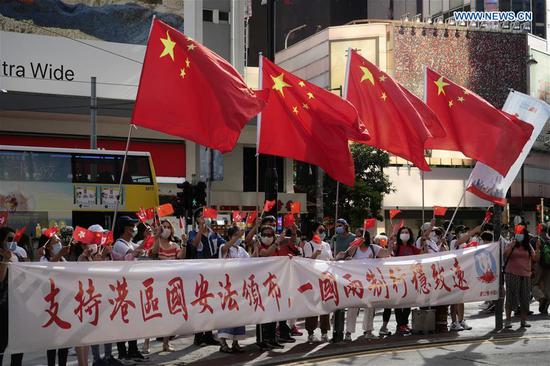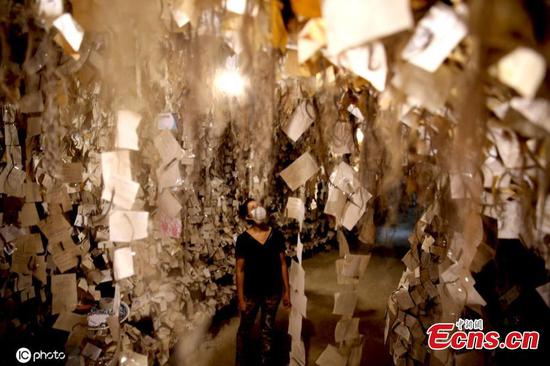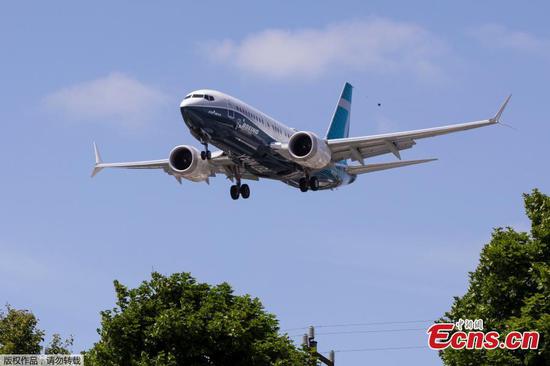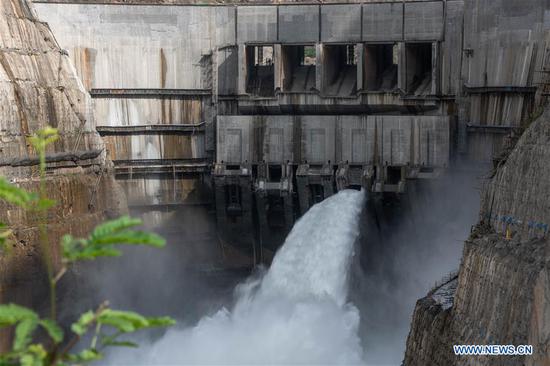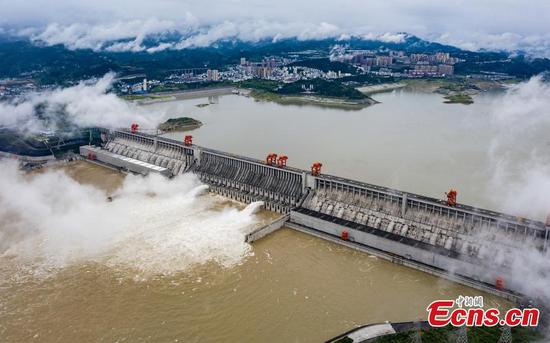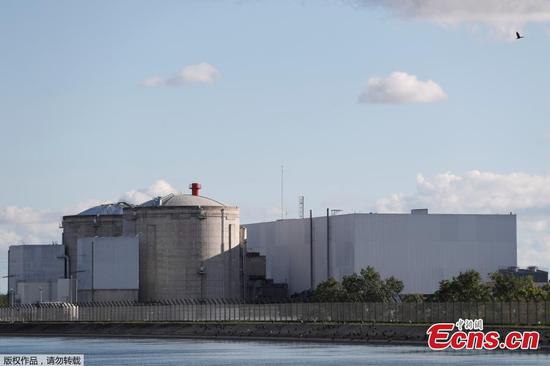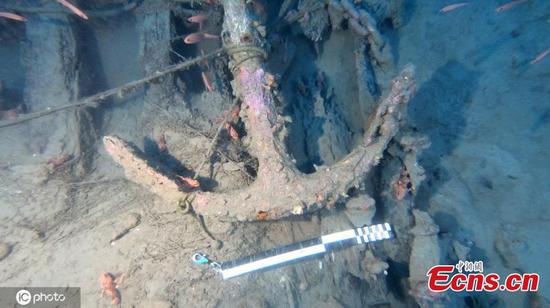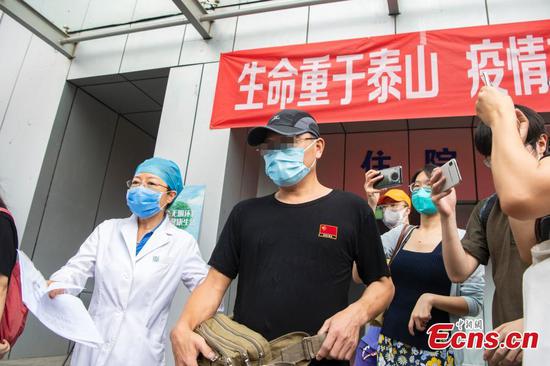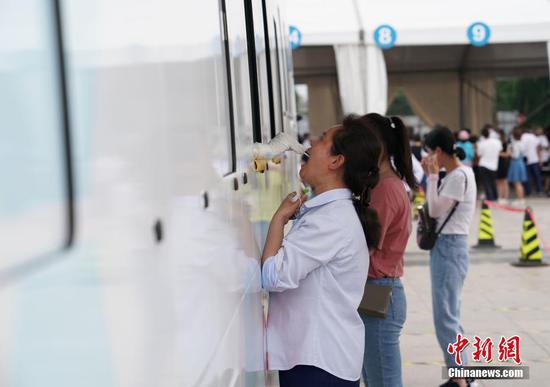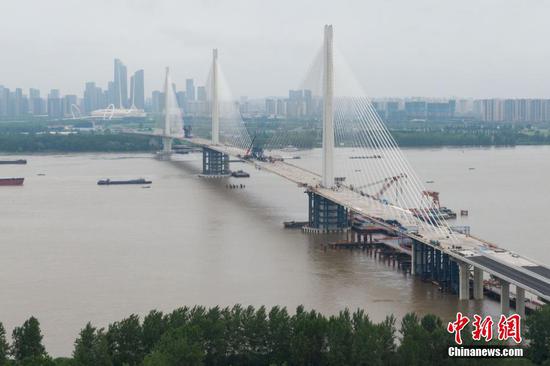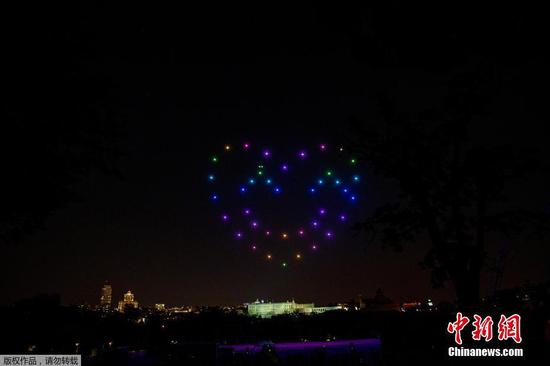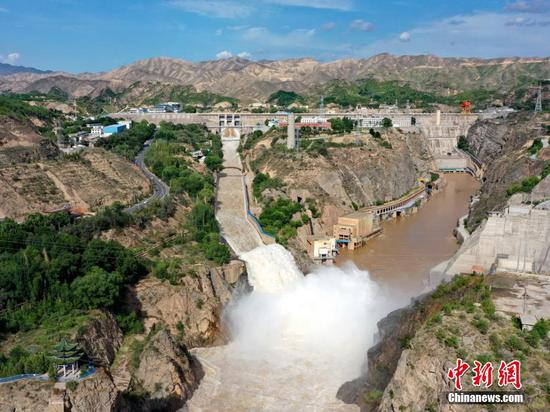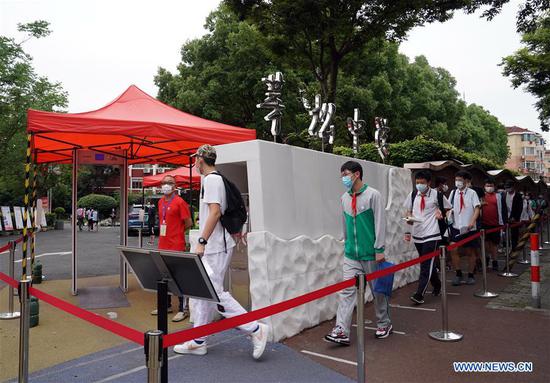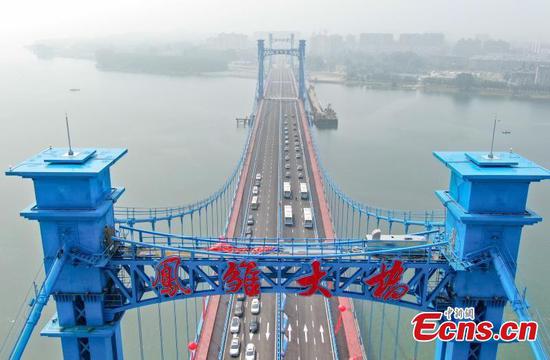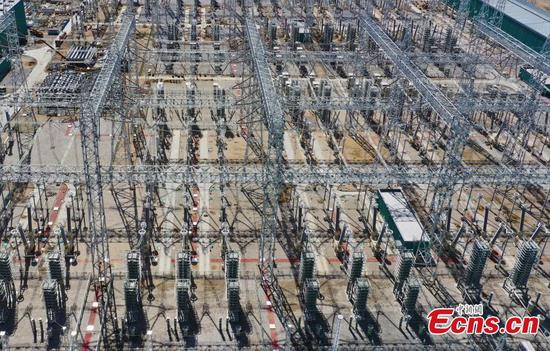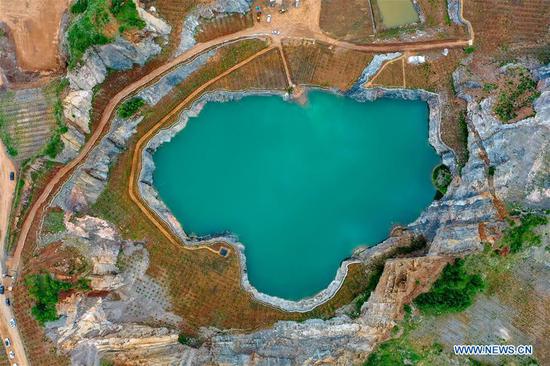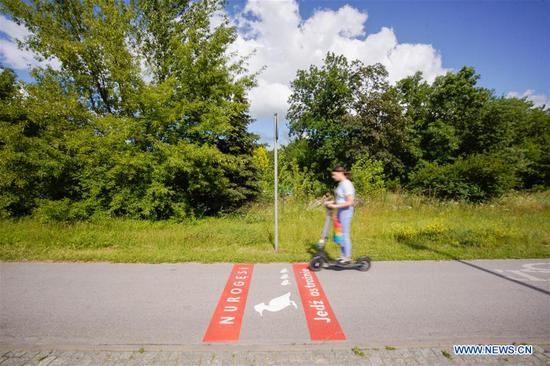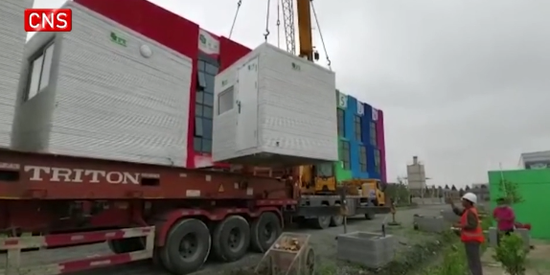The new national security law will not replace Hong Kong's need to enact its own anti-subversion laws stipulated in Article 23 of its Basic Law, a senior lawmaker said on Wednesday.
Shen Chunyao, director of the Legislative Affairs Commission of the National People's Congress Standing Committee, told a news conference in Beijing that Article 7 of the Law of the People's Republic of China on Safeguarding National Security in the Hong Kong Special Administrative Region, which took effect on Tuesday night, clearly stipulates that Hong Kong shall complete, as early as possible, legislation for safeguarding national security as stipulated in the Basic Law and refine relevant laws.
Shen said Hong Kong had failed to meet the request to put a national security law into place in the 23 years after it returned to the motherland, which "is a long time".
With the national security law in place, Hong Kong Chief Executive Carrie Lam Cheng Yuet-ngor, as well as the Hong Kong Special Administrative Region government have said that relevant local laws will now be improved.
Shen said refining relevant laws, as required in the national security law, means the Hong Kong Special Administrative Region government will not only advance national security, but also improve other existing laws, such as the Crimes Ordinance, to perfect Hong Kong's legal system.
He said the new national security law and Article 23 of the Basic Law share some similarities but are also very different. Article 23 lists seven types of crimes that endanger national security, whereas the national security law stipulates four. Secession and subversion are included in both.
The new national security law also introduces broader content, including responsibilities at both the central and local level and aspects to do with improving the legal system and enforcement mechanism.
Shen said any Hong Kong legislation or practice in safeguarding national security shall not contradict the national security law, which is in line with the Constitution and the Basic Law.










